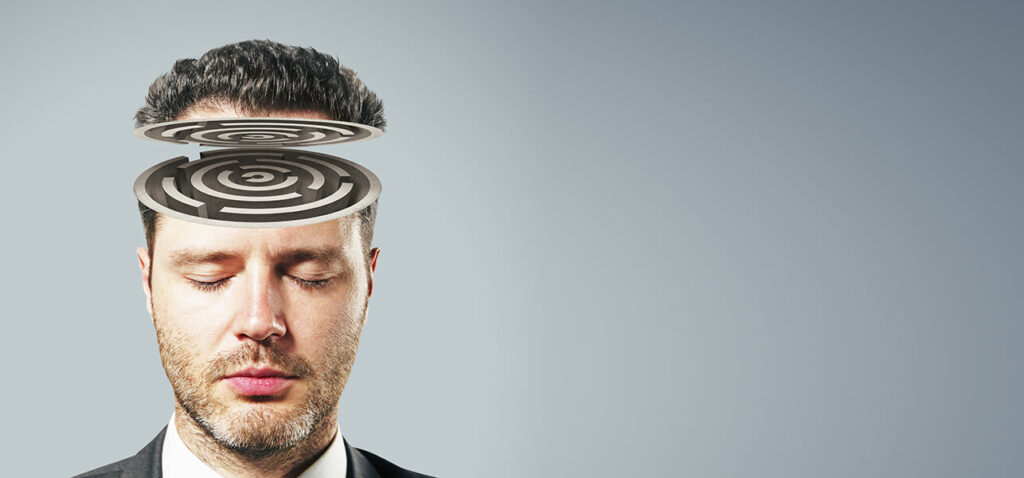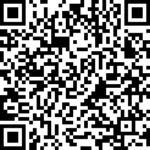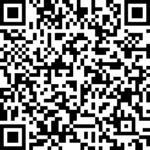
You’ve been here before. It’s 5 pm, and you’ve promised yourself a wine-free night. But by 6:15 pm, you are pouring a glass anyway. Cue the guilt spiral and the negative words echoing around your head, “Why can’t I stick to my goals? What’s wrong with me?”
The truth is, it’s not a lack of strength. It’s just how your mind works. Instead of thinking of willpower as being a moral failing, realize that actually, it’s a limited resource. It’s more like battery life than a superpower.
Two CEOs: Conscious vs. Unconscious
Let’s explore why willpower alone rarely works and understand how your mind can make changing habits sometimes feel like an uphill struggle.
Picture your mind with two leaders. There’s the Conscious CEO (call him or her what you like), logical, detailed, and goal-oriented. Great at making plans but tires easily. There’s also the Unconscious CEO (and you can call him or her what you like), who runs autopilot and is responsible for the vast majority of your functioning, including habits, responses, feelings, and instinctive choices.


Willpower is the tool your Conscious CEO uses. The problem is it’s easily overruled by your Unconscious CEO because Unconscious CEO is faster, stronger, and always on. Trying to outmuscle the problem with willpower is like using a teaspoon to empty a flooded basement. Sure, you’re technically doing something, but good luck with that!
Willpower has a tendency to fizzle out. The prefrontal cortex which is home to your willpower is like an overworked parent. It handles focus, decisions, and self-control. Yet the stress and exhaustion drain it fast.
That’s why cravings frequently arise after a long, draining day. Your prefrontal cortex is tapped out, while your unconscious pipes up: “Remember how good that wine felt yesterday? Let’s do that again.”
It’s not sabotage. It’s just your mind running old routines to save energy.
The Habit Loop and Its Hold
Habits tend to follow a familiar sequence or strategy that looks like this:
Trigger (e.g., stress, boredom, or a social cue). Routine (e.g., pouring a drink or grabbing one out of the fridge). Reward (e.g., temporary feeling of relaxation, pleasure, or ease).
And if you repeat this strategy enough times it eventually is looked after and upheld by the Unconscious. Willpower might interrupt it once or twice, however in the long run, trying to resist the habit using willpower alone is like trying to stop a freight train with your hands.


Smarter, Not Harder: Working with the Mind
You don’t need more willpower; what you need is a new strategy, which is why you need to communicate directly with your unconscious mind. That’s the reason that hypnotherapy is such a powerful and effective way of creating change at the unconscious level.
Working with hypnosis means you can create a new strategy if you are triggered then you can create a new preferred routine, like deep breathing or a quick walk to get the reward of feeling relaxed and at ease. And over time the more you use those new associations the more they become second nature.
This isn’t about trying harder. It is about being smarter with how your mind already works. Because willpower fails as it’s limited, not because you are. So instead of blaming yourself, get curious: What if these habits are just outdated software? And what if I could reprogram them?
Maybe the key to drinking less isn’t more resistance, it’s smarter rewiring.
Are you ready to get started today?




